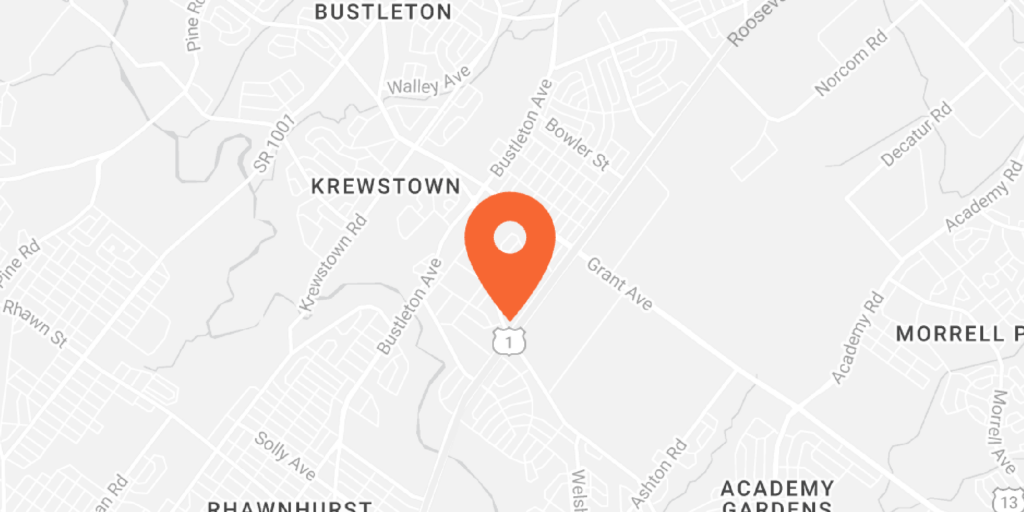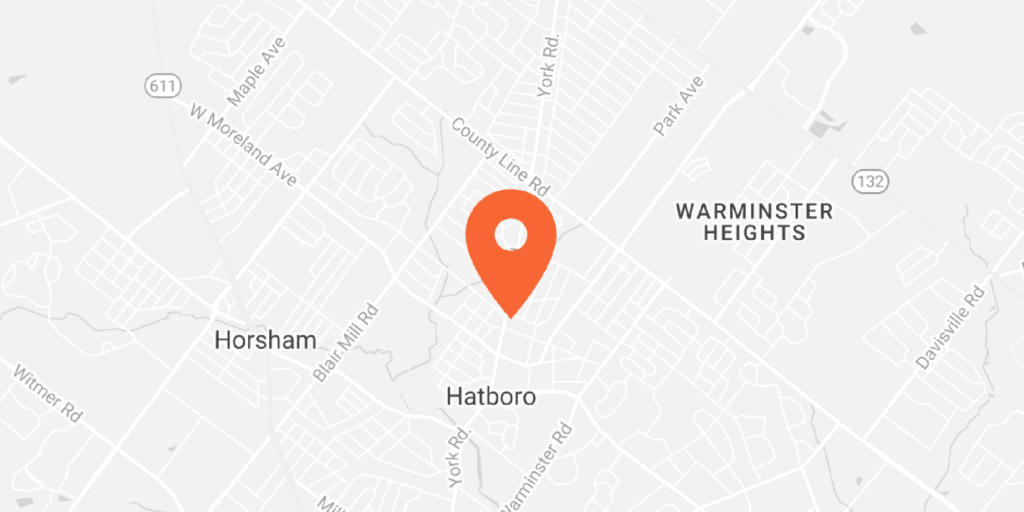There are several reasons one may want to seek out orthodontic treatment. Some people have very minor issues, while others have more serious oral health issues. Did you know that there are around three million teens across the United States that have braces? A lot of these come from the great state of Pennsylvania.
Usually, your dentist is going to be the first person to suggest orthodontic treatment for you. If this happens they’ll like refer you to a trusted orthodontist for a consultation. But how do you know if you should seek out orthodontic treatment? Today we’re going to share with you several need to know reasons to help you decide if treatment is right for you!
Types of Orthodontic Treatment
There are several different types of appliances used when it comes to treatment. Appliances are one of two kinds: fixed, or removable. Both of these types can do things like move your teeth, train the muscles in your mouth and help with jaw issues.
The treatments we’ll be talking about today help by placing pressure on your teeth and throughout your jaw. Depending on how severe your oral health issues are, your dentist may insist that you use one method over another. We’ve included a list of both types of appliances to give you a better idea of what may, or may not work for you.
Fixed Appliances
- Traditional metal or wire braces
- Special fixed appliances for tongue thrusting or thumb sucking
- Fixed space maintainers (usually a set of bands with a wire going across your teeth)
Removable Appliances
- Aligners (invisible options like Invisalign are available)
- Removable space retainers
- Lip or cheek bumpers
- Palatal expanders
- Jaw repositioning appliances or splints
- Removable regular retainers (worn on the roof of your mouth)
- Headgear
Need to Know Reasons
As much as people like to Google their health symptoms, only your dentist will be able to tell you whether or not you should use orthodontic treatment. They’ll use your medical and dental history, along with clinical exams and consultations to help get you on the right path.
Below you’ll find some of the most common need to know reasons that may point you in the direction of seeking out treatment.
Overbite
Overbites are also referred to by some as buck teeth. This is when the upper front teeth are a bit too far forward to the point where they stick out over the lower teeth.
Underbite
On the opposite end of things, there is the underbite. This is sometimes called a bulldog look and it’s when your lower teeth are pushed forward in front of your upper teeth. You may notice when your jaw is resting that your upper teeth are behind your lower teeth.
Open Bite
An open bite is a bit more unique than the first two. An open bite is where there is a space on your front or sides when you’re biting down. If the teeth in the back of your mouth are touching and you have open space on the teeth on the side or front of your mouth, that is an open bite.
Spacing
Spacing is an incredibly common reason people get treatment. Spacing can be gaps or spaces that are found in between teeth. This can be how your teeth naturally grew in, or due to a missing tooth.
Speech Impediment
Believe it or not, our teeth can be the root cause of a speech impediment. This is something like a lisp or a stutter when we speak. It can be improved or fixed completely on some patients.
Sleep Apnea
Another important medical condition that you should know about is sleep apnea. This is where your breathing is interrupted and can sometimes stop for 30 seconds or more while you’re sleeping. Accelerated orthodontics can help with this issue, along with a sleep study.
Crowding
Crowding is when there are too many teeth that grew in one space in your mouth. This can affect your dental ridge and cause issues.
Straightening
One of the most popular reasons to get orthodontic treatment is to help straighten your teeth. Whether you’ve had teeth grow in crooked, or they are spaced out in a way that bothers you, straightening is a great way to fix oral health issues.
Grinding
Grinding is when someone, whether they’re aware of it or not will grind their upper teeth against their lower teeth. This is most often done while someone is sleeping and cause your jaw to be quite sore. Grinding can also be related to sleep apnea or TMJ.
Difficulting Chewing or Eating
If you experience difficulty when you’re chewing or eating, or you have pain, that is a good indication it’s time to see a professional. Though some food and drink items are sensitive to our teeth, like ice cream or hot soup, you shouldn’t experience pain when you’re chewing or eating.
Misplaced Midline
A misplaced midline is when the center of your upper front teeth doesn’t match up with the center of your bottom front teeth. This can be bothersome for some and can be fixed with the right treatment.
Crossbite
Lastly, there is the crossbite. A normal set of teeth will have the upper teeth come down in front of the lower teeth when the jaw is resting. If the upper teeth do not do this, you may have a crossbite.
Bottom Line
With so many need to know reasons to get treatment, it’s important to talk with your dentist to see what they think is best for you. If you’re looking for an invisible option, invisalign is a great. There’s no pain with invisalign and the aligners take a lot less time than traditional braces.
Maybe you need to wear a retainer or headgear to help with other oral health issues. Whatever the case, it’s important to stay on top of your healthcare needs to make sure you have a healthy mouth and a beautiful smile.
If you’re interested in invisalign, or any other type of treatment and find yourself in the Philadelphia area, come visit us for a consultation to be on your way to better, healthier mouth!



